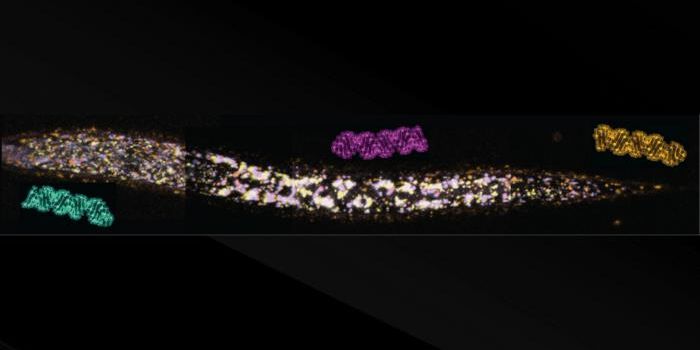Antibiotic Resistance Genes of Mothers and Neonates in Low and Middle Income Countries
A team of international researchers examined the presence of antibiotic resistance genes (ARGs) in the gut microbiota of 35,040 mothers and their 36,285 babies from 7 low- and middle-income countries (LMICs) in Africa and South Asia. The study found that antimicrobial resistance (AMR) is widespread in LMICs. ARGs were present in neonates within hours of birth, indicating that initial infection of newborns with antibiotic-resistant bacteria often occurs at birth or soon after through contact with the mother or from the hospital environment. The findings were recently published in Nature Microbiology.
Researchers collected 18,148 rectal swabs (15,217 from mothers and 2,931 from neonates, including 626 with sepsis) and used the bacteria present in the samples to determine clinically important ARGs in the gut microbiota of mothers and their babies. They found that a large number of samples carried genes linked to antibiotic resistance. 1 in 5 infant samples (18.5%) tested positive for blaNDM (a gene that encodes New Delhi metallo-beta-lactamase). This enzyme can destroy ß-lactam antibiotics which increases drug resistance.
The samples collected from mothers and babies were analyzed to identify the bacteria resistant to antibiotics. The researchers isolated 1,072 gram-negative bacteria, which included K. pneumoniae, E. coli and E. cloacae. Whole genome sequencing demonstrated clusters associated with specific countries and hospitals. Some bacterial isolates were shared by different neonates in the same clinical setting, which indicates the possibility of resistant bacteria transmission from the hospital environment or between newborns. The genomic analyses indicated that some E. coli isolates may be transmitted from mothers to infants during or after labor.
The researchers identified risk factors associated with water, sanitation, hygiene and prior infections that increase ARG transmission. Frequent handwashing by mothers reduced spreading resistance genes. Infection risk increased if mothers had an infection or took antibiotics in the three months prior to the study. ARGs by mothers increased risk of adverse birth outcomes and neonatal sepsis.
Antibiotic resistance is a threat to global health, safety, and economic wellness. Every year, almost 7 million babies become infected and roughly 550,000 neonates suffer fatal consequences. Some scientists attribute the antibiotic resistance crisis to misuse of antibiotics. Antibiotics are overprescribed. Antibiotics can purchase antibiotics without a doctor’s prescription in some countries. Inconsistent treatment also contributes to antibiotic resistance as well as many other factors. Mutations may change the bacteria so it is not susceptible to antibiotics, and underfunded health systems may not have the resources to provide thorough sanitation and other preventative measures.
Source: Nature Microbiology








